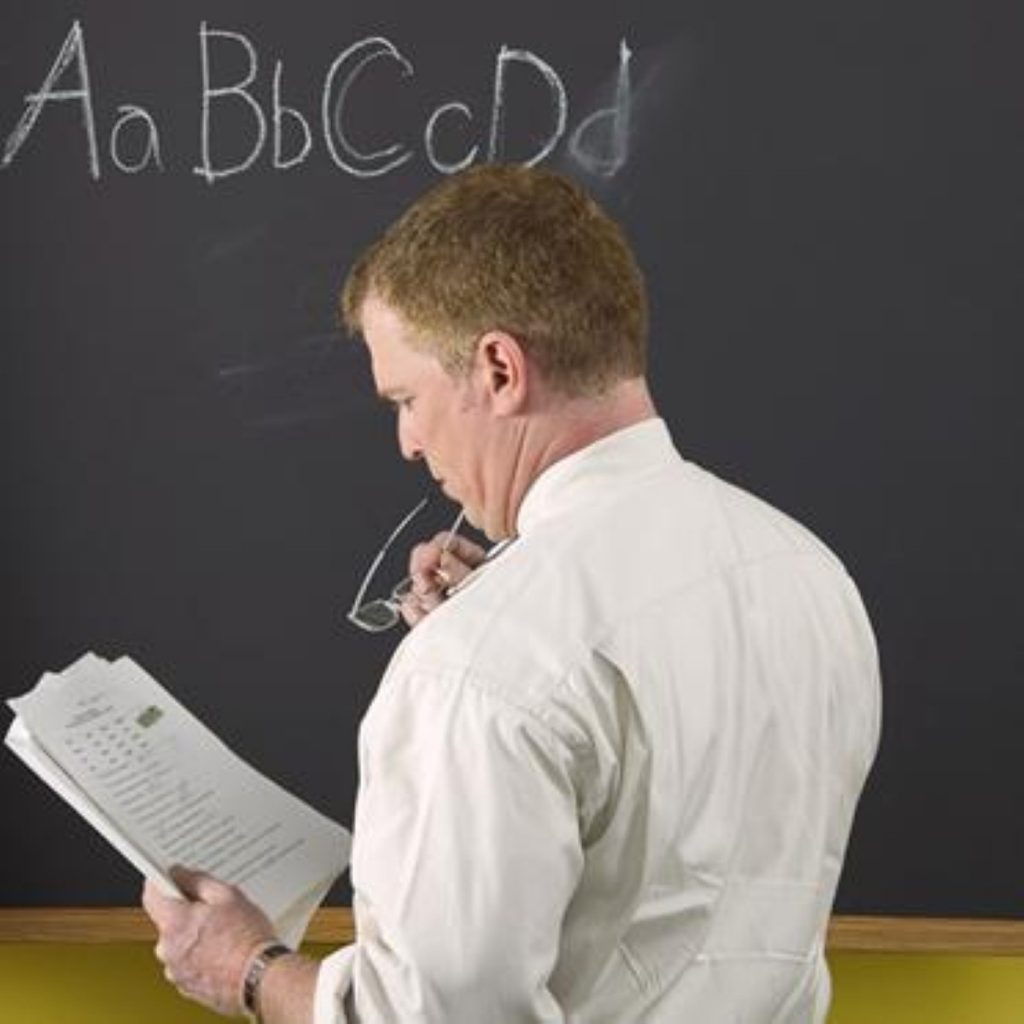Teaching to become masters-level skill
All teachers will be expected to sit a masters-level qualification in a bid to improve the skills of the profession.
Schools secretary Ed Balls has unveiled plans for a new masters in teaching and learning (MTL) qualification, which will be introduced to give teachers a more professional footing.
Teaching unions welcomed the qualification as a “significant” step towards raising the status of the profession.
Speaking at the Association of School and College Leaders (ASCL) conference, Mr Balls said there was no more important job than teaching and he wanted to “transform” the school workforce over the next decade.


He said: “Only by having a workforce with world class training can we provide a world class education for every child. The foundation of school achievement is excellent teaching by excellent teachers.
“The extra skills teachers will gain through the masters qualification, our national strategy to raise the bar in all schools, and the wider agenda of support for those who need it most in our Children’s Plan, will help us break the link between poverty and attainment that has scarred this country for far too long. No country can afford to waste its young talent.”
The government hopes every teacher will complete a MTL during the course of the year, with the qualification available to some new trainees from this September.
Experienced teachers will be encouraged to coach their colleagues to qualify for the MTL.
Voice, the Union for education professionals (formerly PAT), has welcomed the initiative.
General secretary Phillip Parkin said the union was in favour of raising the professional status of teaching and working towards a masters level qualification would be “significant” step towards this.
Mr Balls also announced plans for a Transition to Teaching programme, which will recruit hundreds of teachers from the science, technology and engineering industries.
The government also plans to extend the National Leaders of Education scheme, which sees good head teachers help out struggling schools, so that 500 take part over the next five years.









